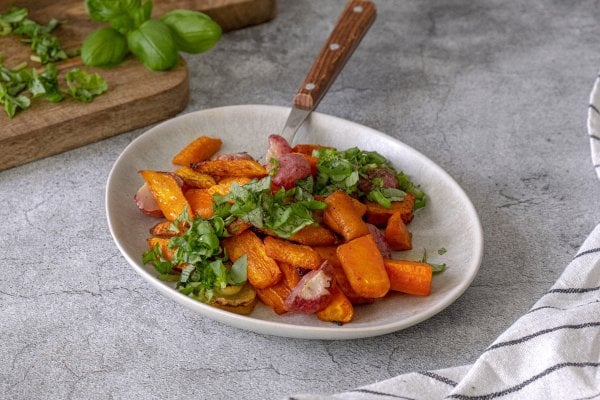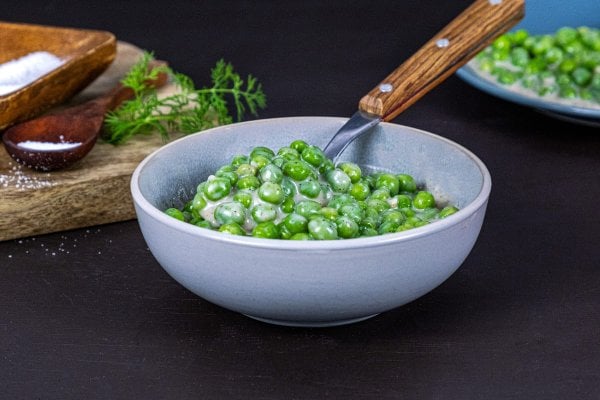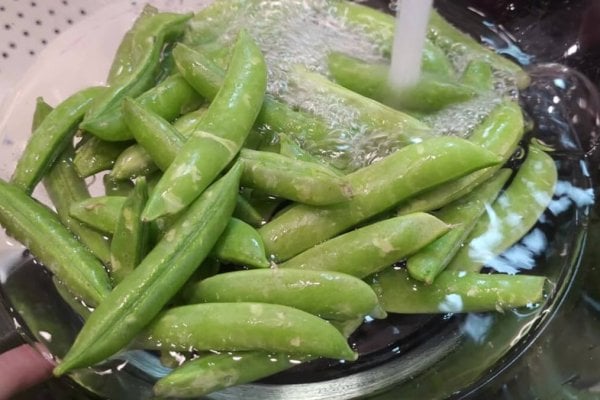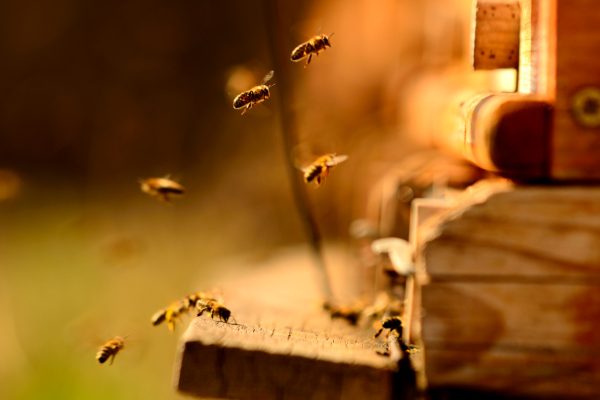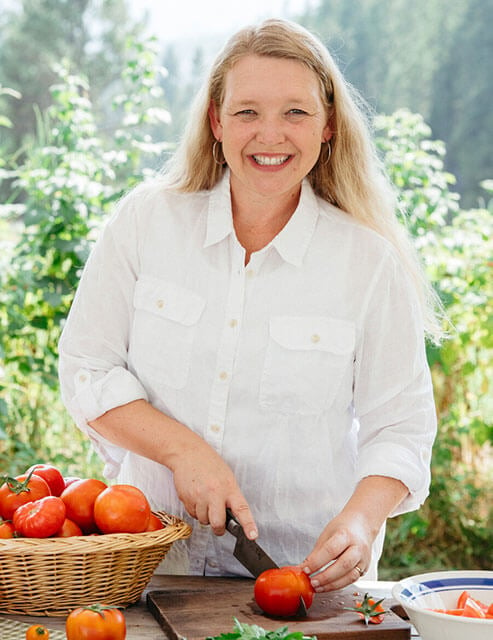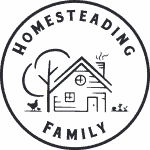When it comes to buying seeds, it’s best to know about the different types of vegetable seeds and your best options for ordering. This may look different from garden to garden, so we’re breaking down everything you need to know about choosing the best seeds for your garden.
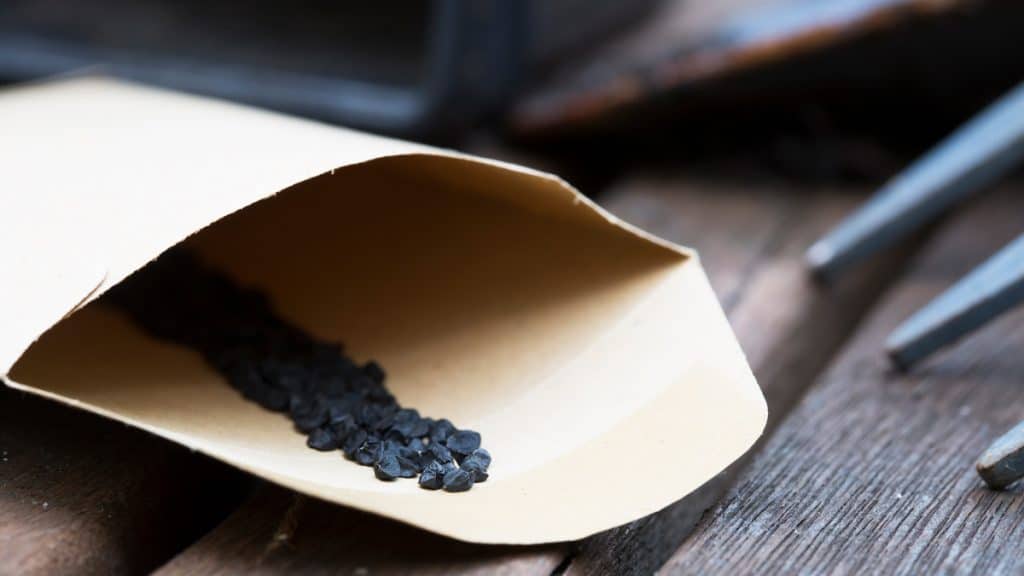
If you’re reading this post, chances are you don’t yet have your seeds ordered for the year. Let us encourage you to remedy that right now and get your seeds ordered today!
If you have already purchased seeds for this year, consider getting a head start on NEXT year’s seeds. Be sure to check out Seeds for Generations and Baker Creek Seeds for some great heirloom seed varieties! Getting ahead is just a wise move to increase self-sufficiency because none of us can foresee the future and none of us know what supply-chain issues we may continue to face.
Seed Buying Do’s and Don’ts
You don’t really want to go to your big box stores and buy seeds off their shelves. If this is your ONLY option this is OK, but it shouldn’t be your first choice.
To skip forward to the portion of the video where we're discussing seeds, go to minute 19:15 and watch from there!
Types of Seeds
- Genetically Modified Seeds
- Hybrid Seeds
- Heirloom Seeds
- Open-Pollinated Seeds
It can get a bit confusing when you’re trying to buy seeds, so let’s discuss what each of these classifications means.
Genetically Modified Seeds
Also known as “bioengineered seeds”, GMO seeds that have been genetically modified for specific traits or favorable growing conditions. When shopping for seeds, you might notice a package that says “GMO-free,” and be concerned that unless it has this label, you will inadvertently purchase GMO seeds.
This “GMO-free” label has in the past just been a marketing ploy and was irrelevant because all garden seeds were GMO-free. However, as of 2024, the first GMO seeds are now available for retail sale.
These seeds are not yet widely available and come with a contractual agreement that the seeds, fruit, and plant material will remain in the USA and that you will not sell the fruit, seeds or plants derived from your purchased seeds.
For now, you can rest assured that unless you are intentionally seeking GMO seeds for your garden, you are not purchasing GMO seeds.
Hybrid Seeds
Hybrid seeds have been the standard that many people have used for a number of years. But this is changing over the last decade or so!
Hybrid seeds are not genetically modified. Their cross is done in breeding, not in a scientific lab.
The downfall of hybrid seeds is that you cannot reliably save the seeds from your crops and know that you’ll get the same crop when you plant the seeds.
There’s nothing genetically wrong with hybrid seeds, but you can’t reproduce those or seed save them reliably. So to us, this means the seed cycle and ultimately your food supply is reliant on someone else.
F1 – When you’re looking at seed packets if you see F1, that just means that it’s a first-generation hybrid cross.
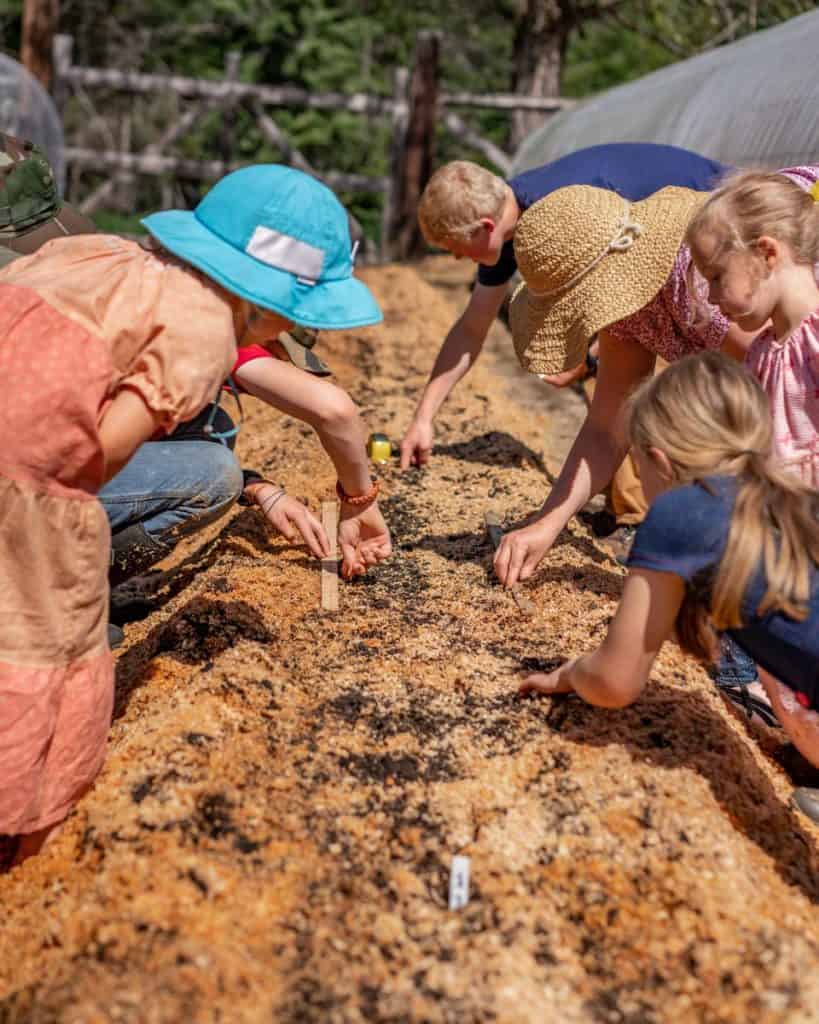
Open Pollinated & Heirloom Seeds
In most ways, open-pollinated and heirloom seeds are the same, but there is one difference in that heirloom seeds are seeds that have a historical story to them. Meaning they’ve been around for a number of years, making them “heirloom”.
Open Pollinated seeds aren’t always heirloom, but heirloom seeds are always open-pollinated.
Both of these types of seeds come from the same two parent plants. So if you save the seeds from an heirloom or open-pollinated plant and put them in the ground, they will produce the same kind of plant.
We like to grow a combination of both open-pollinated and heirloom seeds.
What We Recommend
What you really want to move toward is the open-pollinated or heirloom varieties. Always do the best you can, but always work with what you have.
Make your garden work for you by planting crops that grow well in your area. However, if you’re a new gardener or are trying to grow something that doesn’t always do well in your area, you may want to give a hybrid seed a try because they can have a little extra vigor and be stronger plants.
Where to Buy Seeds
You want to get seeds that were grown most local to you as you can because seeds adapt over time, therefore you want seeds that have adapted to your region.
Just because a small seed company is regional to you, doesn’t mean the seeds they’re selling were grown there. Sometimes smaller seed companies are buying in their seeds and repackaging them, so be sure you know this ahead of time and buy from someone who is either growing locally or buying from growers who are growing locally (or at least regionally).
If you’re not sure, ask questions and get to know the companies you’re buying from! If you can’t find something local, we’ve been very happy with Seeds for Generations.
Farmers Market
Check your local farmer’s market. Sometimes there are already groups that are seed saving and sharing what they have!
Once you have your seeds you’ll need to know whether the seeds need to be started indoors or outdoors. We also have posts on how to start seeds indoors, when to start seeds indoors, and how to fix common seed starting problems!
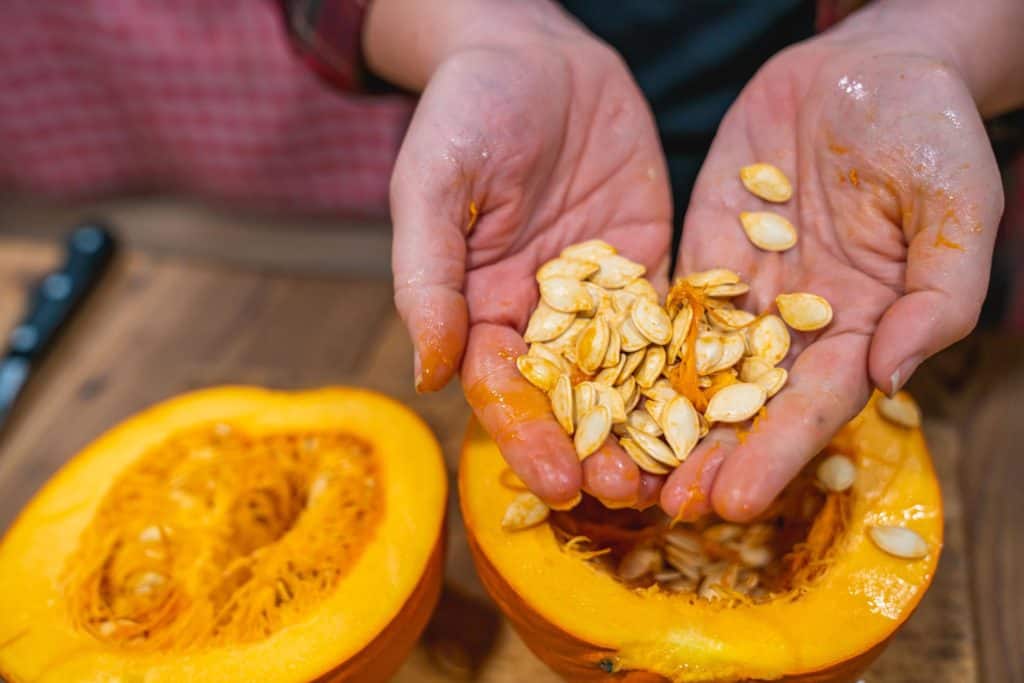
Seed Saving
The ultimate goal is to learn to save your own seeds. This takes time and practice, but it’s something that should be a goal of all of ours. Some of the easiest varieties to start with are corn, beans, and lettuce seeds because they’re easy to harvest and pretty straightforward when saving them.
Talk to your neighbors! If you live in a garden-heavy area, maybe you can start a seed saving co-op where each of you focus on saving a different variety of crops, then you can share them with each other.
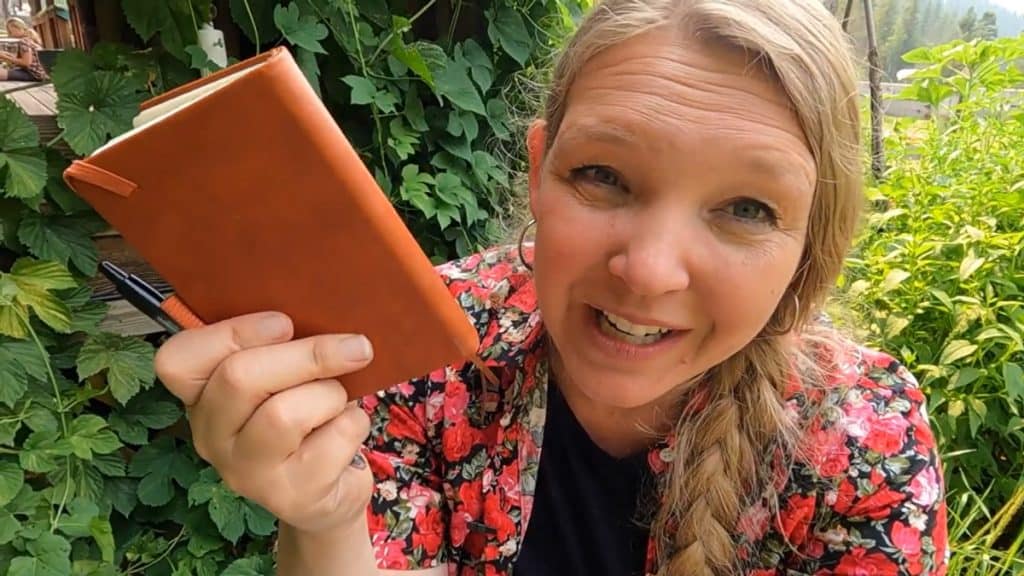
Keep records!
Our final piece of advice when gardening and planting seeds (especially when experimenting with different varieties), is to keep records.
As you’re gardening, write down the timing of your planting, the position in your garden, draw a map if that helps you, record how long it takes for the seedlings to appear, or whether you direct-sowed or started seeds indoors, etc.
Every bit of information you can record will help you become a better gardener the following year. These records will start to give you exact information about your specific garden, which is better than getting information by zone or region.
For example, we’ve been starting brassicas indoors but have kept records that our brassicas consistently get too leggy. This year we’re going to do an experiment and start some brassicas indoors and also direct sow some outdoors. We’ll keep records by marking where each is planted and how they performed. This will give us a good indication for the following year if we’ll even bother starting them indoors again.
Bringing your food security closer to home is always a good idea. So even if you’re growing a packet of seeds that’s been tucked away for years, getting your hands in the soil and learning how to grow something is better than not growing a garden at all.
Other Posts You May Enjoy
- 3 Things You Must Do To Increase Self-Sufficiency
- Learn How To Start Seeds Indoors (What, Why & How)
- When To Start Seeds Indoors
- Seed Starting Problems (& How to Fix Them)
- How to Grow a Year’s Worth of Food
- Garden Planning for Serious Food Production
- Spring Garden Planning Ideas, Tips & Tricks
- How to Plant Carrot Seeds (for Maximum Germination)
- Garden Planning for Serious Food Production
- Spring Garden Planning Ideas, Tips & Tricks
- 10 Common Gardening Mistakes to Avoid











